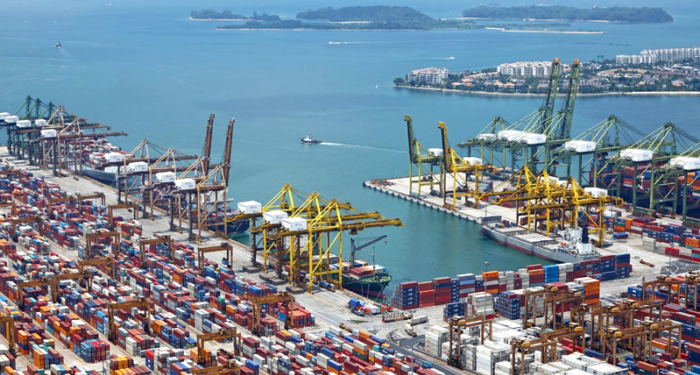Recognizing the importance of maritime transport for the world’s resilience, IMO and UNCTAD reiterated calls for governments to allow crew changes and ensure seafarers and other maritime personnel have access to documentation and travel options so that they can return home safely.
The joint statement underlined the need to keep ships moving, ports open and cross-border trade flowing, and to support ship crew changeovers and was signed by two UN leaders; Kitack Lim, Secretary-General of IMO, which regulates shipping, and Mukhisa Kituyi, Secretary-General of UNCTAD, which tracks shipping trade.
Starting in mid-June 2020, it is estimated that as many as 300,000 seafarers a month will require international flights to enable ships’ crew changeover. About half will travel home by aircraft for repatriation, while the other half will join ships, and 70,000 cruise ship staff are waiting for their repatriation.
COVID-19 restrictions currently hamper this process, but, to comply with international safety regulations, and for humanitarian reasons, crew changes cannot be postponed indefinitely, the statement stresses. Access to medical care for sick or injured crew and to medical prescriptions must also be provided.
Additionally, IMO and UNCTAD reaffirmed the urgent need for “key worker” designation for seafarers, marine personnel, fishing vessel personnel, offshore energy sector personnel, and service personnel at ports, regardless of their nationality.
We emphasize that, for trade to continue during these critical times, there is a need to keep ships moving, ports open and cross-border trade flowing, while at the same time ensuring that border agencies can safely undertake all necessary controls. International collaboration, coordination and solidarity among all is going to be key to overcoming the unprecedented global challenge posed by the pandemic and its longer-term repercussions,
…the joint statement said.
See also: Singapore completes first full crew change using new protocol
Looking beyond the current situation, IMO and UNCTAD urged governments to pursue collaborative efforts to remove any unnecessary regulatory obstacles to post-pandemic recovery and to facilitate maritime transport in such difficult times:
- They encouraged pragmatic approaches, such as granting exemptions and waivers where necessary and appropriate.
- Efforts should be made to facilitate electronic means for ship-shore, administrative and commercial interactions.
- There should be effective sharing of pre-arrival information and other COVID-related reporting requirements for ships; and provision of adequate equipment and resources to customs and border control stations in ports.
The joint statement points out that, in the longer term, some of the measures to confront the COVID-19 crisis may offer other important benefits. For instance, it could encourage further investment in digitalization and advancing efforts to improve ships’ energy efficiency and reduce GHG emissions from shipping.






























































